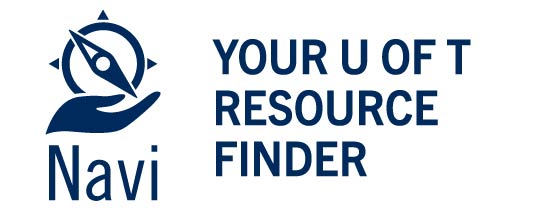While at U of T
After getting permission to come to Canada and begin your studies, it’s important that you maintain your status. This will allow you to continue your studies without interruption. Here are some scenarios that will help you understand your rights and responsibilities related to your legal status in Canada:
Important
- Add the expiry dates of your passport, study permit, and any other applicable Canadian immigration documents to U of T’s Immigration Document Reminder Tool to receive reminders to renew them before they expire.
- Keep a copy of the photo page of your passport and of any visas or permits you have in a safe place. If your passport and/or permit is lost, having a copy can make replacing them easier.
Register for a live Question and Answer session (Requires logging-in with JOINid/UTORid)
Frequently Asked Questions
A study permit cannot be issued beyond the expiry date of your passport. You’ll need to extend your passport before you can apply for an extension of your study permit.
A common reason for ‘early’ study permit expiry is the passport expiry date, as a study permit cannot be issued beyond the expiry date of your passport. If your study permit expires early, but not on the same date as your passport, check with the International Student Immigration Advisors to determine the cause. Either way, you’ll need to extend your study permit.
You can contact IRCC via web form if you have an IRCC application in process and need to:
- ask about your application
- give new information about your application
- change your contact information
- add, change or remove a representative
- report a technical problem
If you are inside Canada, you can try calling the IRCC call centre at 1-888-242-2100. Note: Due to the high volume of callers, you should expect to be placed on hold and may need to try calling several times before being able to speak with an agent.
Most IRCC offices in Canada are not open to the public, or are only open by appointment for issues relating to permanent residency or Canadian citizenship.
Check out our Resources page for more support.
